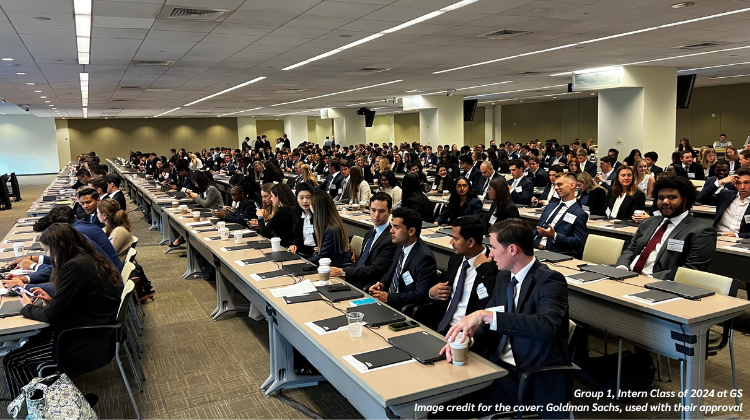How Goldman Sachs is building relationships with young talent through its summer internship program
- We explore the design of Goldman's summer internships, covering everything from the hiring process and training to the challenges of finding the right talent while aiming to meet the younger generation’s expectations through it all.
- Omer Tanvir, global head of campus and diversity recruiting at Goldman Sachs also highlights how the Wall Street bank is pursuing a measured approach to AI across three pillars.

One of the key structural changes in the financial services industry today is the move toward flexible or remote work arrangements that took off during the Covid-19 pandemic. While this remains a hotly debated topic, with traditional banks generally resisting the change, institutions like Synchrony are cementing remote work as a permanent option.
Traditional incumbent FIs are also stepping up their game to remain relevant, especially with the younger generation, albeit through different strategies. This is the direction that Goldman Sachs [GS] is taking with its summer internship program.
Goldman Sachs is focusing on offering skill-building opportunities to aspiring professionals through its internship programs. We explore the design of Goldman’s summer internships, covering everything from the hiring process and training to the challenges of finding the right talent who can potentially grow into a professional role while aiming to meet the younger generation’s expectations through it all.
Goldman Sachs’ summer internship program structure explained
…



